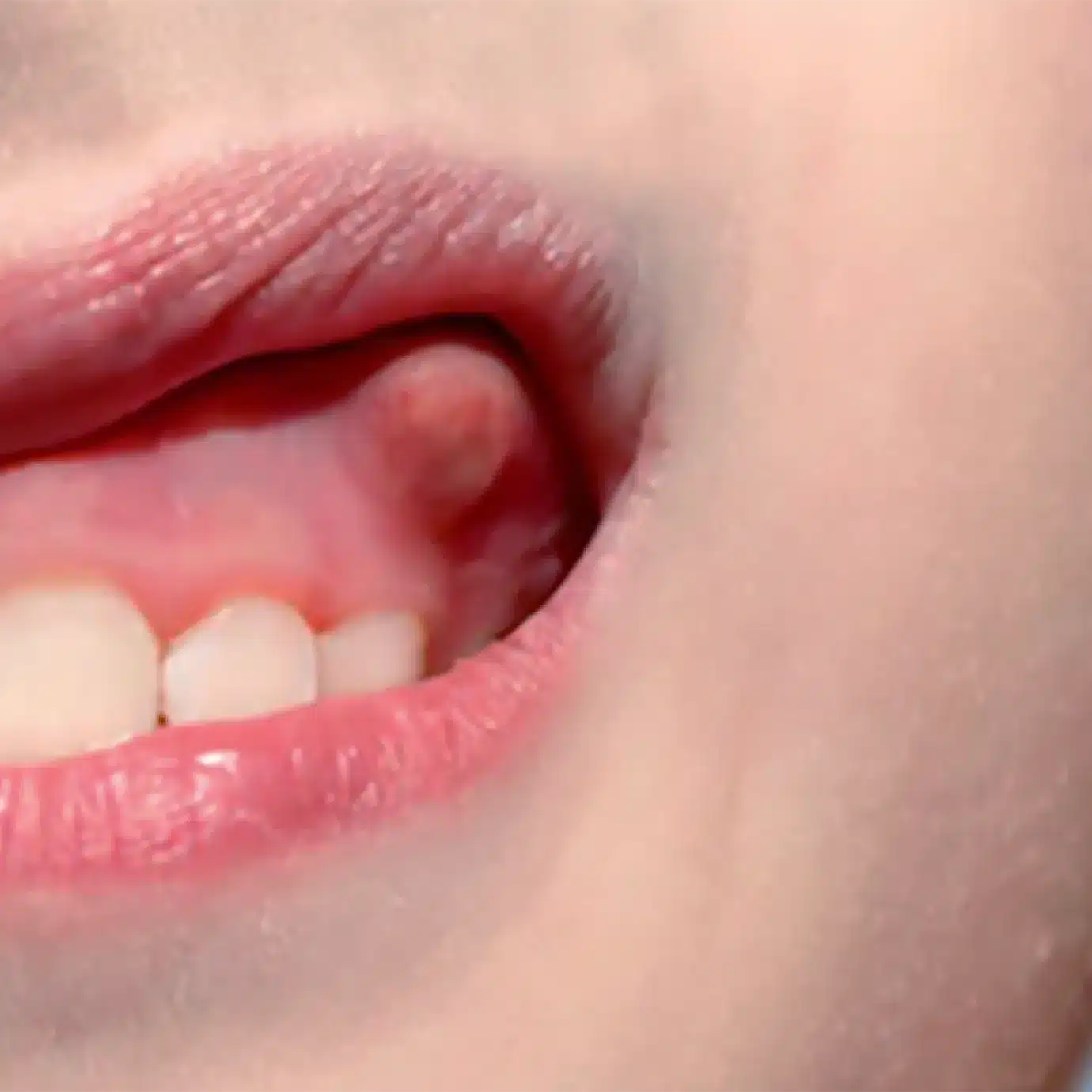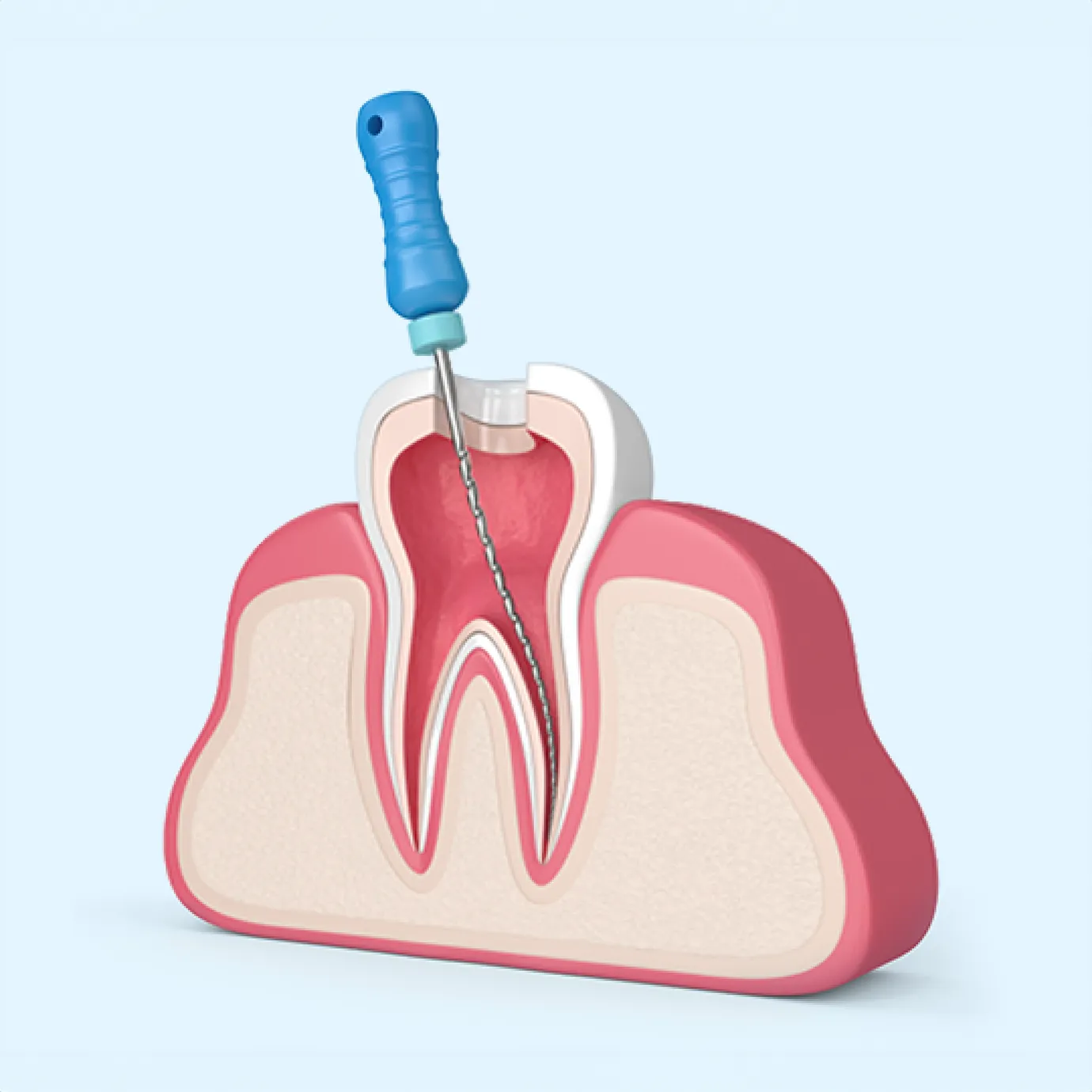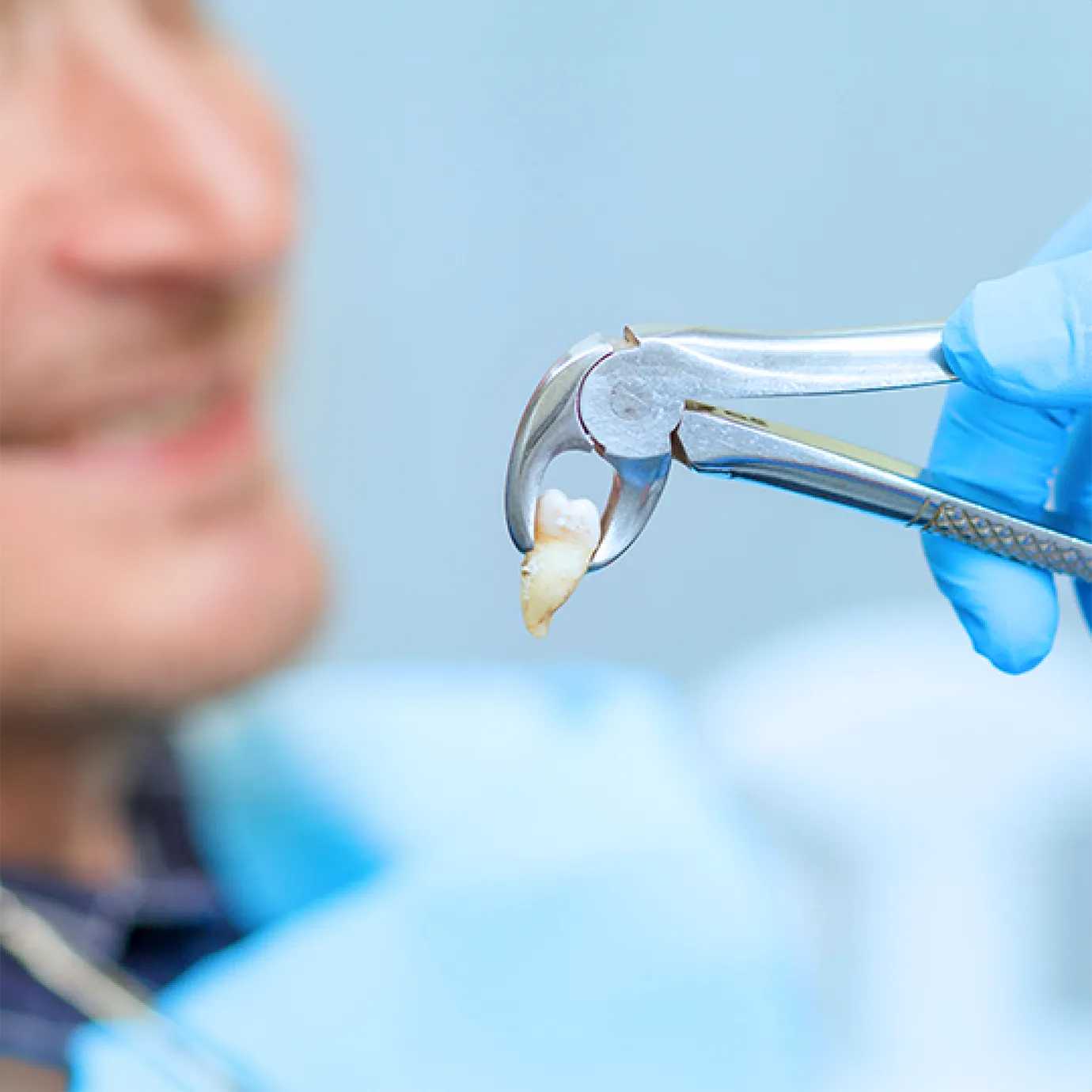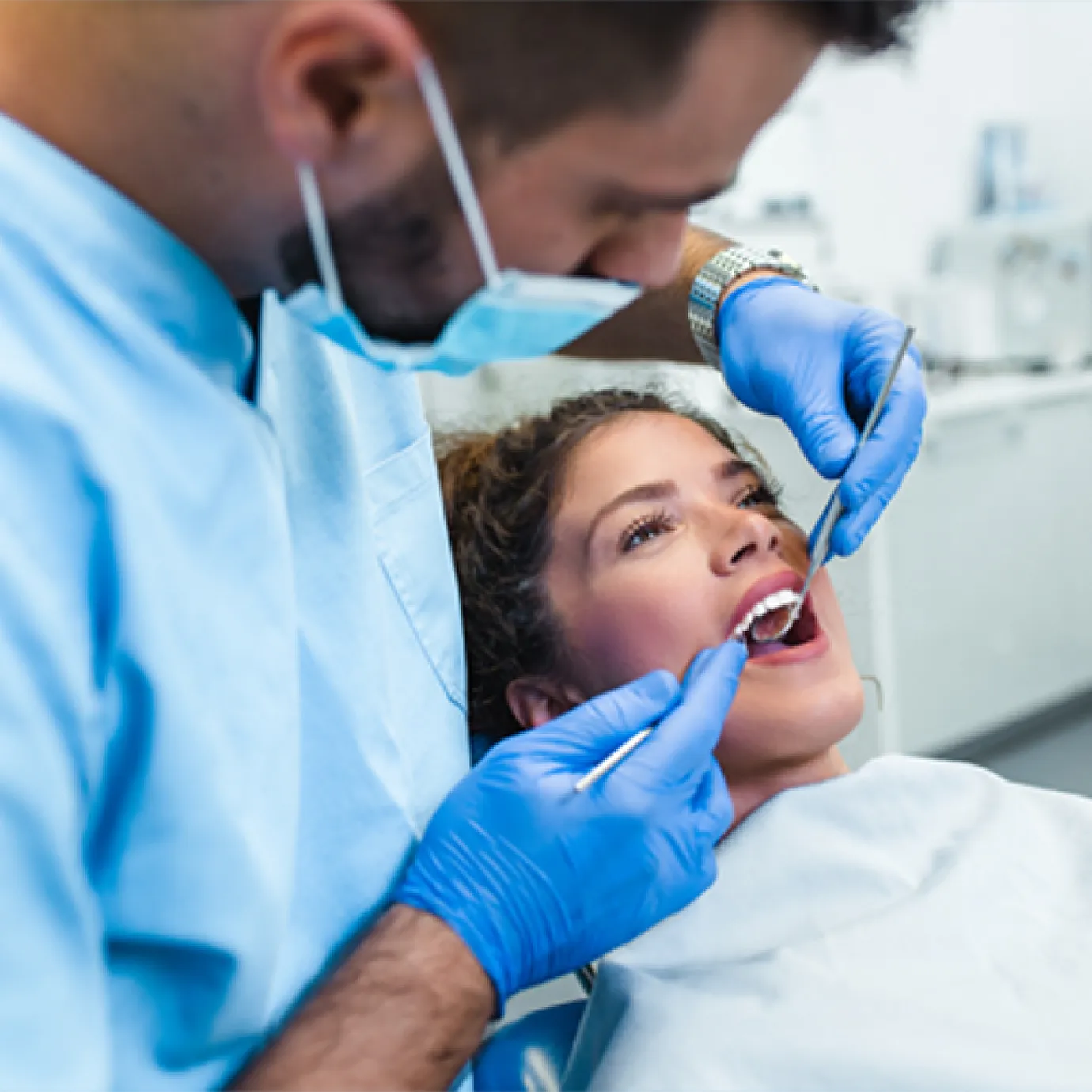What is a dental abscess?
A dental abscess is a bacterial infection in the gums, tooth, or bone around the infected gum. Usually very painful, dental abscesses need to be treated by a dentist as soon as possible as they won’t go away on their own. If left untreated, a dental abscess can severely infect the gums, damage the bone’s integrity, and even spread to other parts of the body and make you ill.
You are probably suffering from a dental abscess if you’re experiencing the following symptoms:
- visible swelling and redness of the gums;
- throbbing pain that comes suddenly and spreads to your ears, neck, and jaw;
- high sensitivity to hot and cold food or drinks;
- swelling and redness of your face;
- unpleasant taste and bad breath.




